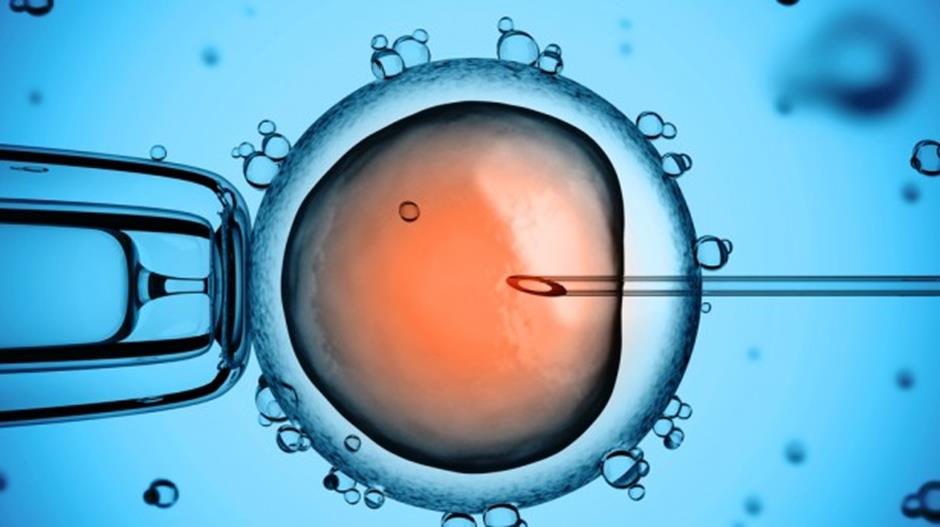Fertility doctors in America have applied for permission to use a controversial IVF procedure that promises to dramatically boost the chances of women older than 30 having babies by ‘rejuvenating’ their eggs. The technique is claimed to effectively makes older eggs young again by adding a fresh set of ‘batteries’ transferred from more youthful cells in their own ovaries, identified by a scientific process created in the United States.
Own eggs vs. donated eggs
IVF success rates fall dramatically with age and the chances of a successful IVF pregnancy are about 32 per cent for women under 35, about 21 per cent for women aged 38 to 39, five per cent for women aged 43 to 44 and less than two per cent for woman aged over 44. The choice for women in the older ranges is to either accept these low chances of success in an IVF cycle or to opt instead for donated eggs from another, younger, woman. Women are born with all the eggs they will ever have, they are not created through the woman’s life, and the IVF success rates mostly depend on the age of the eggs when donated and not the age of the woman carrying the pregnancy. The disadvantage of donated eggs, of course, is that all the genetic material comes from the woman donating the eggs.
The new technique, called Augment, is not however yet been approved as it is in need of extensive testing by the US Food and Drug Administration (FDA). If it works, thousands of women in their 30s and 40s, as well as younger women with fertility problems, could benefit from the technique which involves removing the mitochondria ‘power packs’ from immature stem cells found in the ovary and injecting them into the mature egg cells (oocytes) used in IVF. However, it is likely to be very expensive, as it involves separating out the mitochondria and there is also likely to be an incidence of physical damage to some of the eggs thereby rendering them non-viable.
If it does work and is approved, this could be as big a revolution in fertility treatment as ICSI (intracytoplasmic sperm injection) was, where, in appropriate cases, individual sperm cells are injected directly into unfertilised eggs resulting in dramatic improvements in fertility rates.
This new technique may provide fantastic new options for women to have their own genetic child but for now we shall have to wait to see how development progresses.

